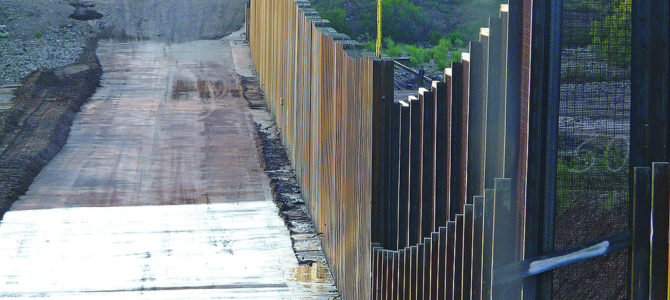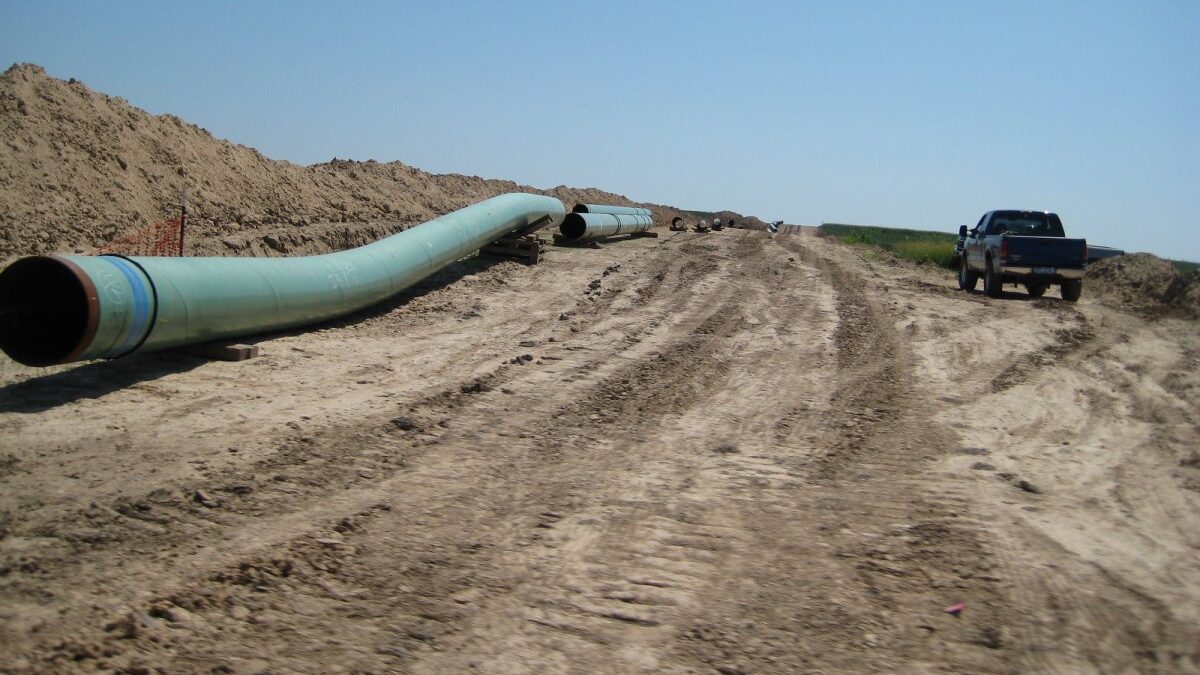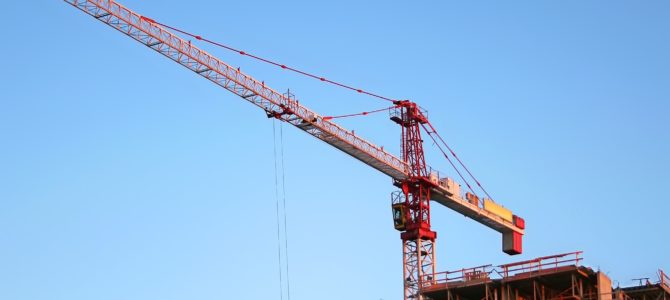
Recently, the New York Times treated us to an op-ed explaining, “No, Trump cannot Declare an ‘Emergency’ to Build His Wall.” The author, Bruce Ackerman, is a professor of law at Yale University, so this might seem like bad news for the president’s plans. Hopefully, if there is a wall, it’s founded on something sturdier than Ackerman’s logic—that if President Trump supports it, it must be wrong.
In general, without specific congressional authorization a president cannot order the military to expend funds for a “major” construction project (see here, here, and here). This is because Congress jealously guards its authorities under Article I of the Constitution to appropriate and authorize expenditures. If the president is allowed to bypass Congress’s power to direct how the money is spent, it undermines Congress’s most important power under the Constitution.
You wouldn’t have known that from reading Ackerman’s article, however, which takes an irrelevant detour into the “Posse Comitatus Act,” which prohibits the military from being used to enforce domestic law. This has to do with using soldiers to police American citizens and is completely irrelevant to building a border wall.
It’s likely that President Trump is looking at 10 U.S.C. § 284 for authority to build the wall. That allows the Department of Defense to support other agencies of the federal government to counter drug activity and transnational organized crime, using such means as “Construction of roads and fences and installation of lighting to block drug smuggling corridors across international boundaries of the United States.”
Another law, 10 U.S.C. § 2808, allows the president to declare a national emergency and direct the U.S. military to undertake military construction projects using appropriated funds for military construction, including family housing, that have not already been obligated.
Ackerman compares declaring an emergency to build a border wall to President Harry Truman’s attempt to nationalize the steel industry in 1952. That effort was struck down by the Supreme Court. This comparison is ridiculous, because that case involved the president seizing control of private property (i.e. privately owned steel mills).
In contrast, the government has already purchased much of the land needed for the border wall. In the early 2000s, the federal government condemned almost half the length of the 120 miles of the Rio Grande Valley in southernmost Texas. Thus, the federal government can build much of this fence on land that it already owns. The Truman-steel industry example is wildly inapplicable.
Ackerman then casually suggests that soldiers mutiny against any order to build the fence, arguing, “the law is clear.” He writes that millions of service members “would immediately be obliged to decide whether to obey President Trump.”
It’s irresponsible for a Yale Law professor to suggest the military pick and choose which orders to follow from the president. The day the military stops following orders from the president is the day the voters lose control of their government. The suggestion is particularly irresponsible because of his failure to acknowledge legal authority that could authorize such an action.
Is the situation at the border a “national emergency?” That’s debatable. The ideal outcome would be for the elected officials to resolve the matter through a non-emergency appropriation signed into law by the elected president. But the idea that the current situation at the border is an emergency is not far-fetched.
An estimated $64 billion in drugs are smuggled into the United States every year. In 1995, President Clinton signed an executive order declaring a “national emergency” finding that the “actions of significant foreign narcotics traffickers centered in Colombia, and the unparalleled violence, corruption, and harm that they cause in the United States and abroad, constitute an unusual and extraordinary threat to the national security, foreign policy, and economy of the United States.” The order stood long enough for President George W. Bush to extend it in 2004.
My research did not isolate a particular legal standard for “a national emergency,” so it’s possible Trump’s critics could challenge his action in the courts as insufficient on that basis. There’s plenty of violence taking place on both sides of the border in connection with drug smuggling that Trump could cite to invoke the same justification used by Clinton and Bush.
If Trump is wrong, Congress, as Ackerman noted, would have “the right to repudiate it immediately.” Thus, the question of whether the situation at the border is an emergency is probably more of a political issue for the first two branches of government than it is a legal issue for the third branch.
Subsequent to Ackerman’s article, the New York Times published a more balanced article that gave a more honest treatment to the president’s potential authority to use DoD funds to build a border fence or wall. Quoting a professor from Syracuse, the New York Times wrote, “I think that it’s possible that the president could declare a national emergency and then rely on authority Congress has historically granted for exigencies to free up some funds to support constructing a barrier along the border.”
Should the president declare an emergency and then Congress vote to overrule the president, the legislation would still be subject to a veto. In other words, it would take a “two-thirds majority in both houses to override” the veto. Therefore, even according to the New York Times, President Trump is right: he can use his authority to build the wall on land that’s already owned by the federal government.
There is a very reasonable debate to be had about the dangers of giving chief executives broad “emergency” powers to circumvent the political process. This is exactly the reason Congress should take seriously the opportunity to address the issue directly, to maintain the precedent of limiting emergency powers to exceptional circumstances.









